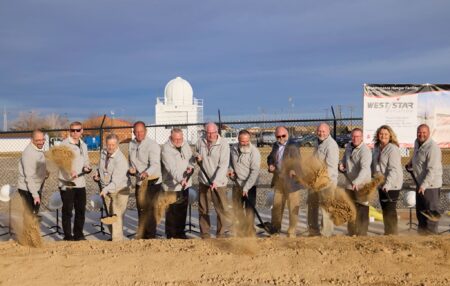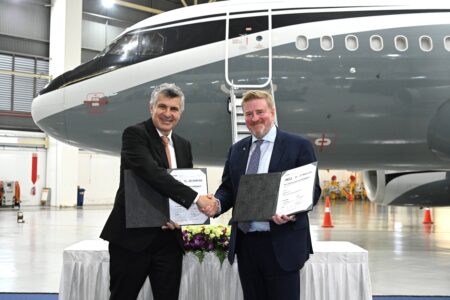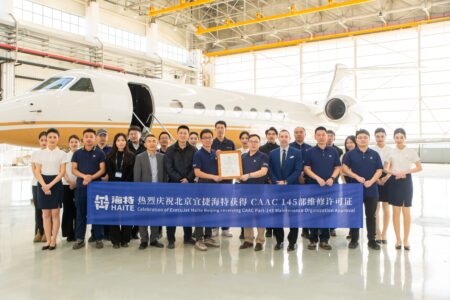An increasing number of helicopters entering the business aviation market in the next four years will lead to an increase in flexible MRO solutions, according to a report by MRO services provider Helisota.
Honeywell predicts that 5,250 new machines will enter the market by 2020, with 53% of these operating in the West. Operators in Latin and North America will continue to lead the global purchase plans with helicopter use expected to increase by 45% and 27% respectively.
According to Helisota, MROs will need to offer flexible maintenance services owing to the diversity of the market – different manufacturers are constantly expanding their product portfolios in Latin and North America and continue to see great potential in both markets, thus challenging local maintenance facilities to keep up with the diversification.
“It’s a constant battle and there’s never going to be a winner. Independent MROs are left to scan and analyze the market in search of opportunities that OEMs may not see or are unable to handle,” said Anatolij Legenzov, CEO, Helisota.
“For instance, Airbus Helicopters and Bell Helicopters have more than 60 years of experience working in South America. And yet, the region is not a number one priority for Bell Helicopters as it represents only 13% of the total bookings for this European manufacturer. Therefore, it comes as no surprise that the focus on these particular markets is not as intense as stated and there are still certain unaddressed needs and demands in the region.”
Helisota argues that while well-established manufacturers such as Bell and Airbus manage multiple support bases throughout the Americas, other manufacturers such as Russian Helicopters and AgustaWestland are growing their numbers without a strong maintenance support network.
Russian-produced rotorcraft are the frontrunners in the segment of commercial helicopters with the maximum take-off weight of 10-12 tons, accounting for 77% of the regional fleet. Moreover, they account for up to 42% of all military helicopters across Latin America.
“Inevitably, due to their universal use, Russian-built machines will conquer an even bigger part of the regional market meaning that the know-how of their maintenance and a developed spare parts supply network will be a highly valued asset of any maintenance facility,” says Legenzov.
According to Helisota, Russian Helicopters, AgustaWestland and several other players are trying to increase the availability of technical support services and are planning technical support bases for their aircraft.
“Nevertheless, in such [an] environment customers always seek flexibility – services that can be tailor-made for each and every specific need, despite the make or origin. And when they manage to build a strong relationship with a partner that has vast experience as well as strong in-house capabilities, operators in the Americas tend to hold on to that.”




